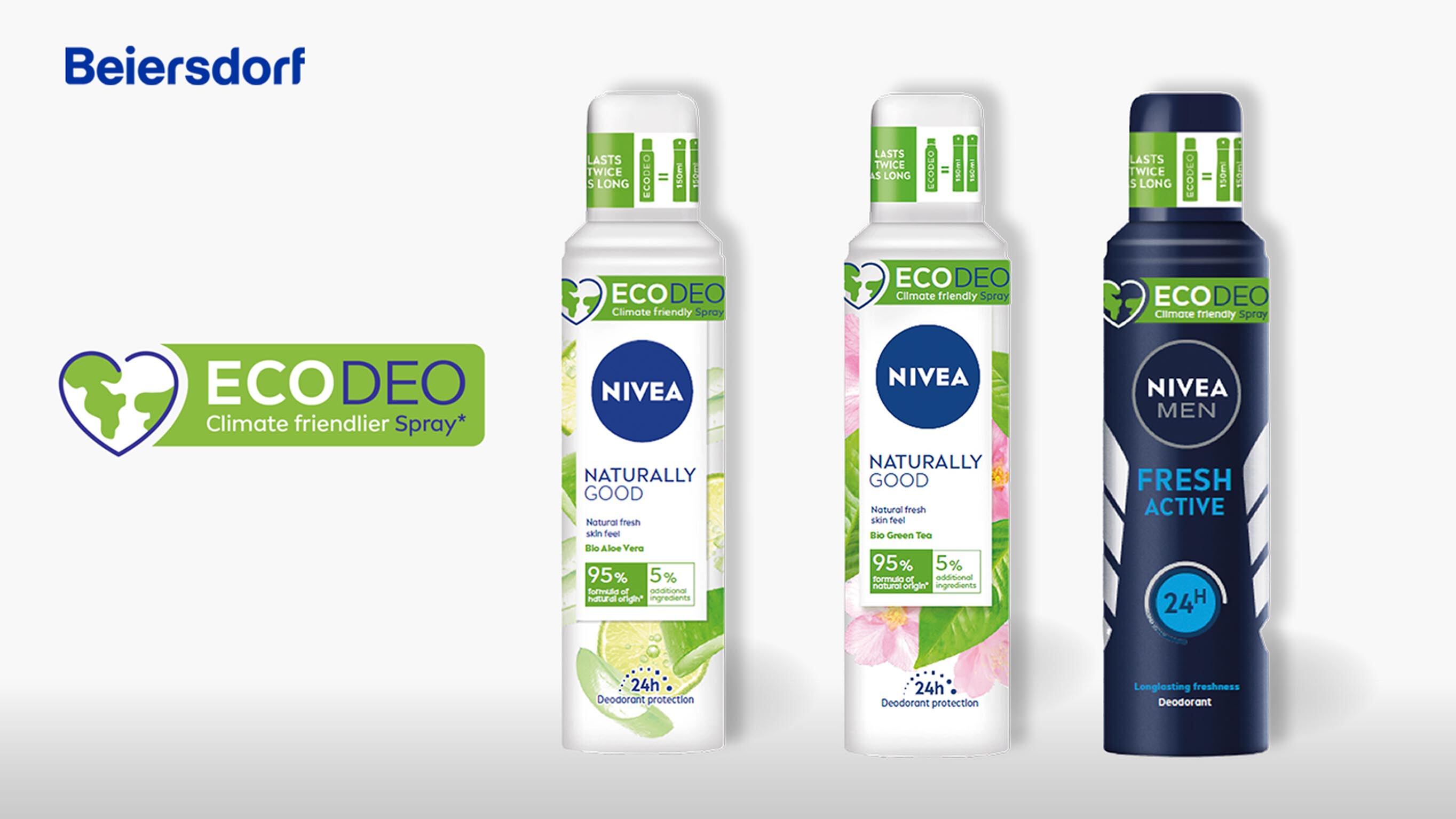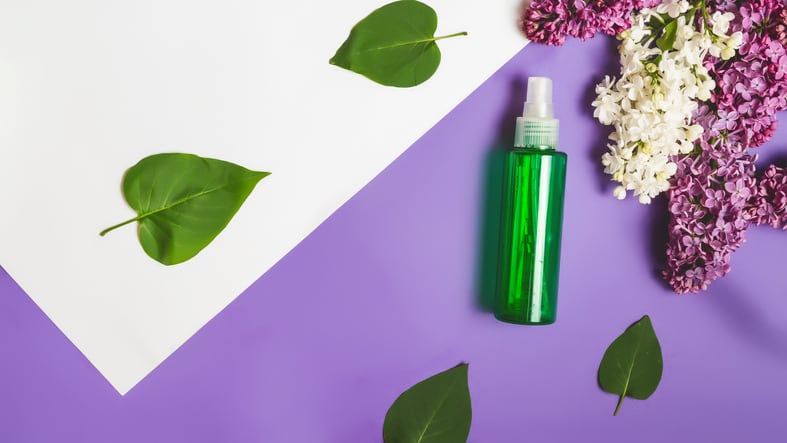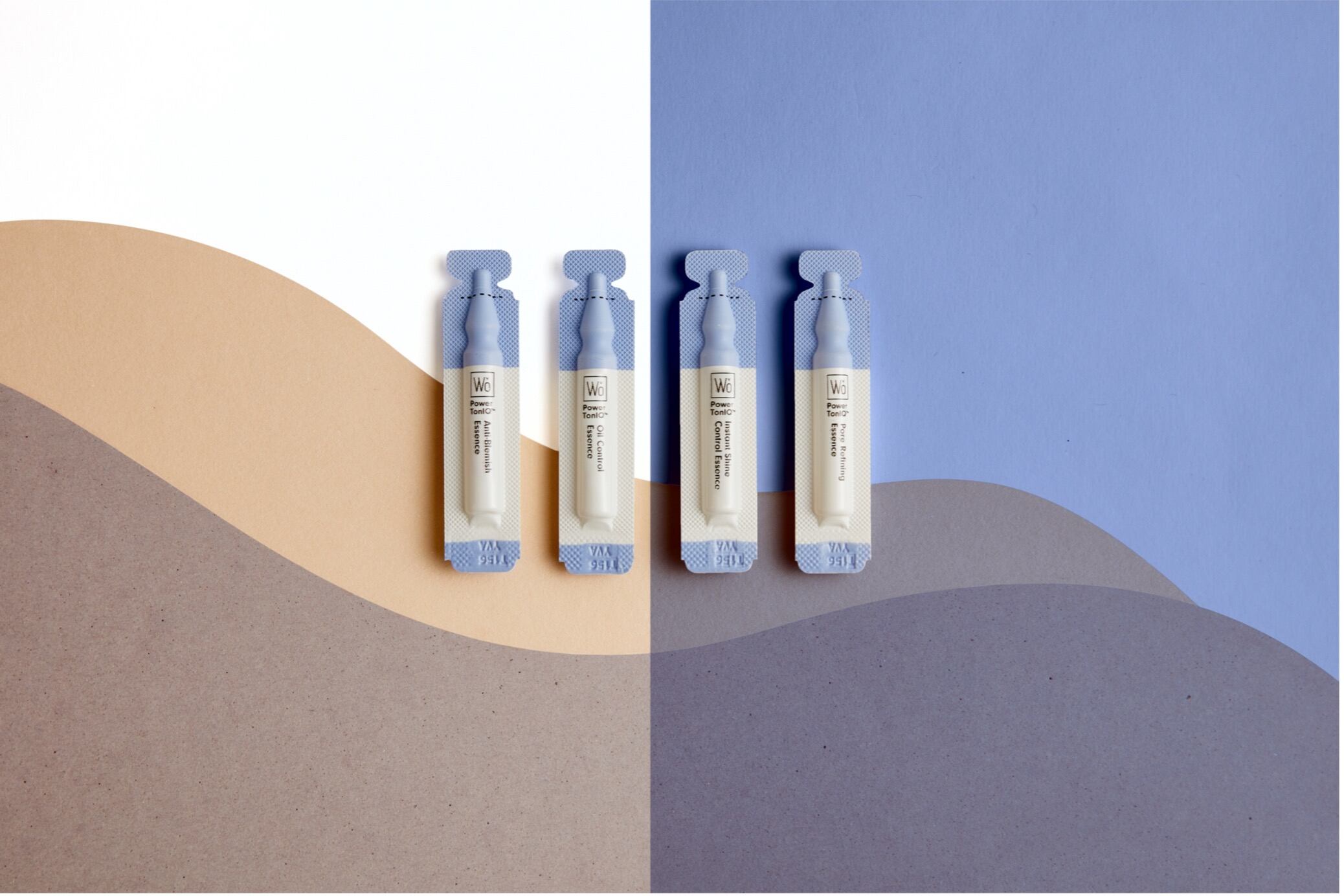In 2020, the global natural and organic cosmetics* market was worth €10.28bn ($11.9bn), up 2.9% on the previous year, with the European market pegged at €3.89bn ($4.5bn), according to UK-headquartered research and consulting firm Ecovia Intelligence. And this market was forecast to continue growth, particularly in pharmacies, beauty stores, salons, spas and e-commerce over the coming years.
“Growth in this market is no longer from the traditional outlets, health food outlets, it’s more the mainstream outlets; that’s what’s driving this market,” said Amarjit Sahota, president and founder of Ecovia Intelligence.
Addressing attendees at the ‘Sustainability Studio’ during last month’s SCS Formulate 2021 conference in Coventry, UK, Sahota said growth would also no longer be driven by niche brands, with bigger beauty names coming onboard. The likes of L’Oréal, Colgate, Garnier, Grupo Boticário and Carrefour, for example, had each launched various certified natural and/or organic ranges in recent months and years, he said.
*Ecovia Intelligence defines natural and organic cosmetics as follows: for ‘natural’, a product must be made using plant extracts and other natural ingredients and avoid ‘contentious’ synthetic chemicals such as parabens, petrochemicals, artificial formaldehydes, mineral oils, aluminium salts and phthalates etc. For ‘organic’, the definition is the same as natural but containing certified-organic ingredients.
Sustainability focus – ingredients, extraction and packaging
From an industry side, he said there was another important shift happening in the category. “The discussion is changing from natural and organic to sustainability. We’re seeing more and more sustainable ingredients”.
Many brands were now focused on sustainability throughout the entire supply chain, he said. “It’s no longer about using natural actives or plant-based actives, it’s how you’re efficiently extracting the material. We’re also seeing new technologies like plant cell tech and biotech used to produce these raw materials, sometimes in the lab versus a field or wild harvested.”
Sahota said the natural and organics category was also starting to heavily invest in upcycled ingredients and “closing material loops”, as well as ethical labels and wider sustainability projects. “It’s no longer about having a formulation that is natural and organic or ‘clean’, it’s about having products with a low environmental impact in terms of packaging as well.”
Speaking to CosmeticsDesign-Europe, Sahota said: “A lot of the pioneers in the natural and organic cosmetics industry, they were pioneers because they wanted to develop products that were better for human health and better for the environment. And initially, they focused on their formulation to make sure their raw materials were plant-based, to make sure that they had lower impact for human health. But as sustainability has become such an important part of industry, these pioneers have really been leading the charge in terms of sustainability initiatives.
“…It’s no longer just about natural and organic, it’s about the wider green issues.”
Consumers, consumers, consumers – communication will be key
Asked if this was being driven by consumers, he said: “Partly yes, but also partly because when I speak to these brands and I see what they’ve been doing, they have a very green ethos.”
Many of the heritage natural and organic brands, Weleda one good example, he said, really wanted to “change the world” and had long been invested in efforts beyond natural and organic. The 100-year old brand, for example, had employed and upskilled refugees during the European crisis in 2013/14; it had ethical sourcing projects worldwide; it was reducing carbon emissions; was switching to refillable packaging; and had been recognised as a sustainability pioneer via numerous awards, he said. “When you’ve got a natural and organics brand which has won awards or it has got recognition for sustainability, it just shows you how much that agenda has changed,” Sahota said.
The challenge moving forward, he said, would be communicating the expanse of ‘sustainability’ to the consumer. “Consumers respond to simple messages; they respond to seeing an organic logo on the product or when they see recyclable on the packaging. So, this is a very big issue, not just for the natural and organic brands, but for the whole industry as sustainability becomes important.”




